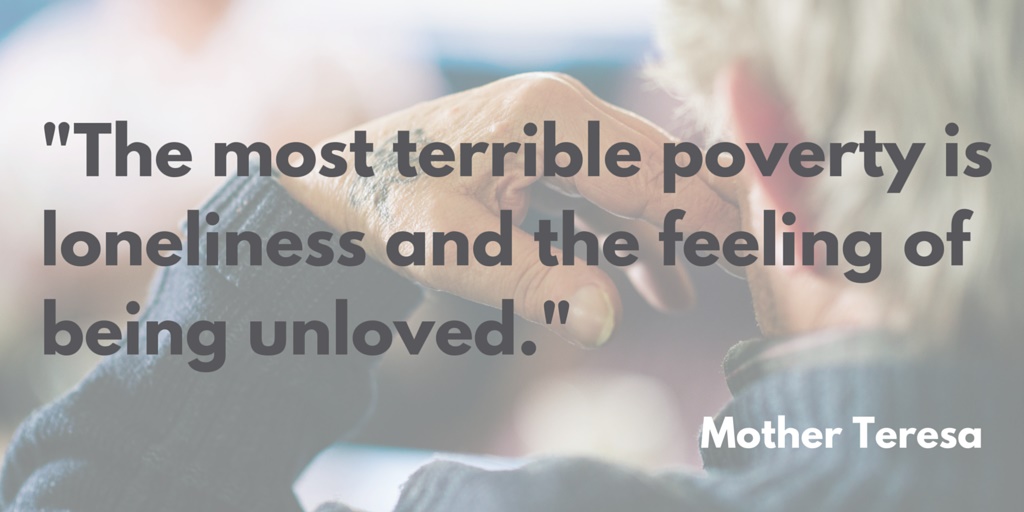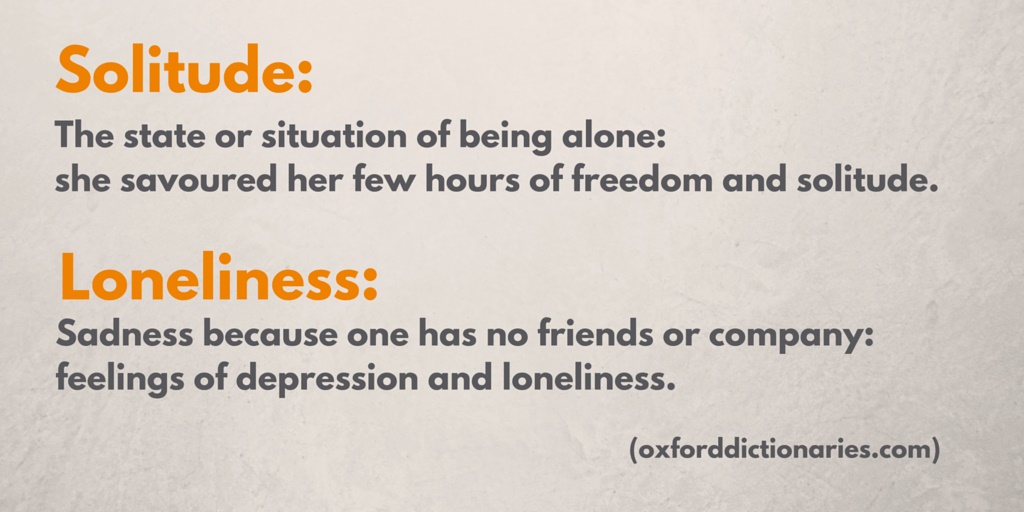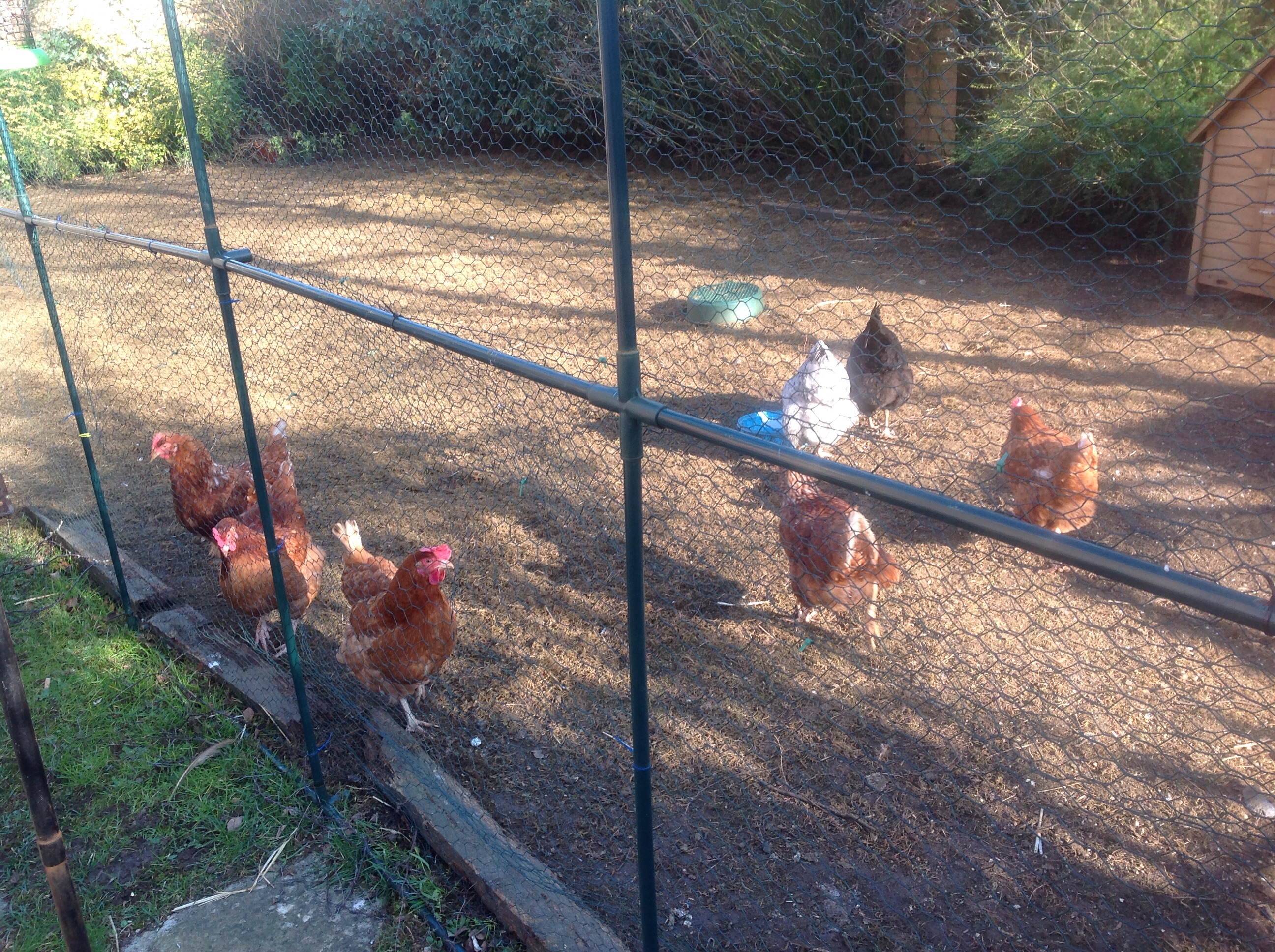02 December 2016
Why we’re changing how we do things
The evolution of the Bromford Deal has seen the introduction of a new way of working with customers.
The content in this article may now be out of date. Please try searching for a more recent version.
Loneliness isn’t a problem that can be easily solved by simply putting on events and throwing people together in the hope that they will become friends. You solve loneliness through a reciprocal, mutual relationship with someone else; maybe someone with a shared interest or life experience.
Here, John Wade, director at Bromford and Jane Turner, an ambassador for the ‘Campaign to End Loneliness’ explain how we're learning to take a step back to allow friendships to flourish.

There are all kinds of reasons why people might feel lonely. They could have lost their life partner and don’t feel like doing what they used to, or perhaps they have a disability and find it hard to get out and about; maybe they have just moved into a new home and don’t know the neighbourhood or have recently become a parent and feel that their social life is non-existent. Whatever the reasons, it’s an issue that pops up everywhere in lots of different ways; and our instinctive response, up until now, would have been to develop a service to help people overcome loneliness. In much the same way that support services were set up to help older people, young families, people living with mental health or a learning disability – but we’re learning that this isn’t necessarily the way to go.
Last winter we received some health funding to trial a service called Winter Buddies. The idea was to recruit volunteers and match them with an older person who had told us that they were feeling lonely. The older people spent two hours a week with their ‘buddie’ during the winter months but once the warmer weather came, the service ended. When the Winter Buddies no longer visited, the older people went back to square one – sometimes feeling lonelier than ever. We learned that companionship was really important for wellbeing but that trying to ‘fix’ loneliness through an artificial, one-way relationship that ended as soon as a funding pot ran out was not the answer.
Loneliness can affect anyone at any time - everyone will feel lonely at some time in their lives no matter what their age.

You can be in a room full of people but feel lonely. Loneliness is a personal perspective - it's how you perceive the number and quality of relationships that you have; not the number of people you know and how many things you're involved with.
Throughout our lives we will lose people who are close to us. These may include our life partners, family members and close friends. When you also consider that many families are more dispersed today with adult children moving away from where they grew up, you can see how more people could become lonely; and the older we get, the harder it can be to trust people and make new friends. We find that forming new friendships is one of the real barriers for people – which inevitably can lead to loneliness.
Building trust
It’s taken us a while and slowly but surely we’re building trust with our customers through having conversations and simply listening to what people are telling us. We’ve introduced listening circles where our colleagues put down their checklists and open their ears and hearts. We have long and meaningful conversations with individuals – we don’t ask about their ailments or what they can’t do – instead we really listen to find out what they want to do and how they’d like to live their lives.
When we first started working in this way we made a few mistakes. You can’t expect to have a conversation and ask things like: ‘How many people have you spoken to this week?’ without building a trusting relationship first. Nobody wants to admit that they’re sad or lonely – we’ve found that what they might say though is something like: ‘I could do with doing a bit more,’ or ‘I’ve got this real interest but don’t have anyone to share it with.’
We now have a much better understanding of the difference between solitude and loneliness too. Nobody wants to be surrounded by services and people trying to ‘help’. We’ve found that people want to be able to pick and choose and to be quite selective and to decide when to get involved – not have activities and services ‘forced’ on them.

By getting to know our customers we’ve also found that a lack of confidence is a big barrier that stops people from building friendships. If you’re scared to go to new places, what chance have you got of building those all-important friendships? That’s why the team have been getting people together who may struggle to walk into a room alone – now they pick each other up from their homes and go to places together. A simple, but really effective idea that has made a massive difference. By ‘nudging’ people together, trust and friendships have developed – the key ingredients needed to combat loneliness.
Loneliness can be an acute and debilitating state - it can take away your confidence and your happiness and can lead to emotional and clinical problems.
Our job has been to facilitate, to take a step back and let people make their own way. The events and activities that we arrange give people a framework to do this – especially those who are unable to travel very far. This ‘stepping back’ can be quite difficult for organisations like ours. We’re used to having plans and being able to measure how effective our services are. So letting things flow freely and with no agenda is a bit of challenge, but it’s really important that it doesn’t feel like things are being forced and that we just see what happens when we bring people together. A great example of this, and the importance of not having any rules, is at one of our older people schemes in the Cotswolds.
The scheme is made up of individual flats and a communal area that was seldom used – the customers went about their daily lives, not really connecting with one another then one day a customer asked if they could keep a couple of chickens. We cleared a piece of land, put up a fence and took a step back. At first there were just two chickens living at the scheme but a few weeks later they were joined by another four.

From little acorns, mighty oaks grow
Amazingly, the introduction of these birds has brought the community to life. Where once people would just walk past one another, they now spend time together. The chickens produced too many eggs to eat so the customers had to find other ways of using them. So they got together and started baking cakes which they distribute to the local hospital. Thanks to the chickens, more customers started using the communal gardens too - reigniting passions for growing, planting and weeding whilst creating new friendships. A fabulous example of how facilitating a simple idea and letting the community ‘happen’ has brought people with shared interests together.
We’re investigating more ways of making it easier for people to ‘bump’ into each other and have those informal contacts that allow you to discover you have a shared interest with someone – possibly helping friendships to grow. We’re really aware that if you never see anyone, this just can’t happen so we’re thinking about creating ‘bumping’ spaces. Adding things like benches, flower beds and water features to our communal areas– things to encourage people to linger a little longer and ‘bump’ into each other.
We’re not there yet, and know that we won’t completely eradicate loneliness, but over the last 18 months we’ve taken some massive steps forward and will continue to do so.
Everyone needs a purpose, no matter what age they are, and stepping back and allowing communities to 'happen' enables people to take control of their lives, find their purpose and seek out new opportunities to have more meaningful relationships with others.
The next natural step for us a business is to get further away from service delivery and move towards simply being interested in people. We need to pay attention to our customers, discover their strengths, skills and talents and join people together through shared interests, then just stand back and see what flourishes.
02 December 2016
The evolution of the Bromford Deal has seen the introduction of a new way of working with customers.
30 January 2017
Jo has been diagnosed with personality and eating disorders and regularly self-harms but with help and support her life has been transformed.